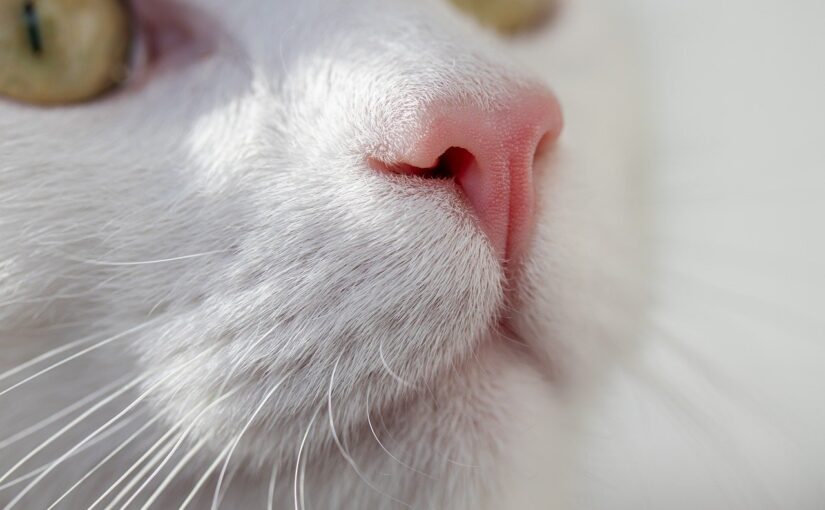Algernon Charles Swinburne’s poem “To a Cat” is a radiant example of Victorian poetry’s capacity to elevate everyday subjects into realms of deeper philosophical and emotional resonance. While Swinburne is often remembered for his sensual and sometimes controversial verse, in this poem he offers a surprisingly intimate and respectful portrait of the feline companion. For the educated reader and committed cat lover, “To a Cat” reads as an unequivocal testament to the unique place cats hold within the household and the human heart.
Swinburne’s careful observation is evident from the opening stanza. He casts the cat as a peer, not a pet, and certainly not property. The cat is addressed directly and described with terms befitting aristocracy, stately, kindly, lordly. The poet invites the cat to sit beside him, transforming an everyday domestic scene into an act of mutual recognition and gentle companionship. This framing immediately sets Swinburne apart from the majority of writers in his era, who were more likely to sentimentalize or trivialize cats. Here, the feline becomes a true confidant.
One of the most compelling aspects of “To a Cat” is Swinburne’s refusal to treat the animal as a subject for amusement. Instead, the poem draws attention to the animal’s sovereignty. The cat’s “glorious eyes that smile and burn” are windows to a world of ancient wisdom and quiet independence. The reader sees the poet’s admiration and almost reverential respect reflected in every tactile interaction, his hand passes gently through “all [the cat’s] wondrous wealth of hair,” drawing from the animal a “friendlier gentleness.” It is a relationship built not on command and obedience but on trust and chosen affection.
For the devoted cat aficionado, Swinburne’s lines capture something essential about what makes cats so appealing. Unlike dogs, who “may fawn on all and some,” cats are selective. Their affection is a gift, never granted indiscriminately. Swinburne credits his feline companion with a “loftier mind,” painting the cat as discerning and proud, a figure who grants friendship only to those who have earned it. The subtle communication between poet and cat, the soft touch of paw to hand, becomes a symbol of deep understanding unmediated by words.
This portrayal resonates with cat lovers who recognize and value feline independence. A cat’s love cannot be bought or coerced, and Swinburne’s verse brings this truth to the fore. His respect for the cat’s “ancestral wildness,” its blend of domestic comfort with a lingering aura of the untamed, is a reminder that our feline friends retain something mysterious and elemental, no matter how cozily ensconced they might be on a sunlit windowsill.
Crucially, “To a Cat” refuses to diminish the animal by laying claim to ownership. Instead, Swinburne’s language suggests equality, even partnership. The cat is not a mere adornment to the human world, but a sentient being whose gaze and presence enrich the poet’s life. In recognizing the cat’s “noble heart and gentle paw,” Swinburne offers a model for how we might all relate to the animals who share our homes, not as masters, but as grateful companions.
Swinburne’s poem stands as both artistic achievement and affectionate tribute. For those of us who share our lives with cats, “To a Cat” is a reminder of the subtle magic of feline company. It is a poem that calls us to attentiveness, humility, and gratitude, the very qualities that cats, in their mysterious and graceful way, demand and inspire.
To a Cat
By Algernon Charles Swinburne
I
Stately, kindly, lordly friend,
Condescend
Here to sit by me, and turn
Glorious eyes that smile and burn,
Golden eyes, love’s lustrous meed,
On the golden page I read.
All your wondrous wealth of hair,
Dark and fair,
Silken-shaggy, soft and bright
As the clouds and beams of night,
Pays my reverent hand’s caress
Back with friendlier gentleness.
Dogs may fawn on all and some
As they come;
You, a friend of loftier mind,
Answer friends alone in kind.
Just your foot upon my hand
Softly bids it understand.
Morning round this silent sweet
Garden-seat
Sheds its wealth of gathering light,
Thrills the gradual clouds with might,
Changes woodland, orchard, heath,
Lawn, and garden there beneath.
Fair and dim they gleamed below:
Now they glow
Deep as even your sunbright eyes,
Fair as even the wakening skies.
Can it not or can it be
Now that you give thanks to see?
May not you rejoice as I,
Seeing the sky
Change to heaven revealed, and bid
Earth reveal the heaven it hid
All night long from stars and moon,
Now the sun sets all in tune?
What within you wakes with day
Who can say?
All too little may we tell,
Friends who like each other well,
What might haply, if we might,
Bid us read our lives aright.
II
Wild on woodland ways your sires
Flashed like fires:
Fair as flame and fierce and fleet
As with wings on wingless feet
Shone and sprang your mother, free,
Bright and brave as wind or sea.
Free and proud and glad as they,
Here to-day
Rests or roams their radiant child,
Vanquished not, but reconciled,
Free from curb of aught above
Save the lovely curb of love.
Love through dreams of souls divine
Fain would shine
Round a dawn whose light and song
Then should right our mutual wrong —
Speak, and seal the love-lit law
Sweet Assisi’s seer foresaw.
Dreams were theirs; yet haply may
Dawn a day
When such friends and fellows born,
Seeing our earth as fair at morn,
May for wiser love’s sake see
More of heaven’s deep heart than we.
Image by Birgit.
